Zhejiang: more crosses and churches demolished. Domestic and official Churches persecuted
Rome (AsiaNews) - A source for AsiaNews in China has sent us a new list of crosses and religious buildings that have been demolished in the region of Zhejiang. After the destruction of the church of Sanjiang in Wenzhou, the campaign against crosses and buildings deemed to be overly flashy is gaining ground and targeting Protestants and Catholics buildings, of official and underground churches (see photo) . Among the photos there is also an ordinance ordering the closure of a local church and the prohibition on the faithful to gather.
Two days before the bulldozers tore down the imposing (Protestant) church of Sanjiang, it was the turn of the Catholic shrine of Longgang, where authorities destroyed many statues that were part of the Way of the Cross, forcing the faithful to transfer the larger statues to a warehouse. The central pavilion, occupied by statues of Christ , the Virgin Mary and Saint Joseph was walled to hide the religious symbols from view. Also in this case the reason given was that the constructions are "illegal" .
Since 2013 , when Zhejiang was slated to become a hub of economic development by 2020, a campaign has been enacted to "beautify " the region by removing the illegal structures . The campaign is called the "Rectify Three, Demolish One" campaign intended to halt violation of building regulations, a move to "make space for development. According to the provincial government these demolitions affect all communities and private dwellings without distinction . But it is a fact that the campaign is targeting mainly Christian sites .
The faithful note that the demolition notices began to circulate after Xia Baolong , party secretary of Zhejiang earlier this year inspected a church in Baiquan and noted it had a cross that towered "too obviously", deeimg it offensive to the eye. On later seeing a forest of crosses in the skyline in other cities, he gave the order to " rectify " the situation. Since then, tearing down crosses , destroying statues and razing churches has become the Party's most conspicuous task.
Crosses
were torn down in Hangzhou, Yongjia county and in neighboring Anhui. The "advice" of the Party was
not to position the crosses on the spire, rather at the foot of the building,
on the walls, or even better, inside the church.
The government defends itself by saying that all those crosses and demolished
buildings violated building codes and that, before their forced destruction,
the communities were given time to rectify the error. But the faithful denounce
that the notice was imposibly short : the church of Sanjiang , only had 4 days
for "rectification", in short, to destroy over 500
"illegal" square meters.
The fact that the
demolition of churches is part of a wider plan was clearly revealed by the Secretary
Xia Baolong who, in an interview with Xinhua on the 17th of February, denounced
thaat "hostile forces of the West"had
infiltrated the Christian communities .
And in July 2013 he warned the Party of Wenzhou against the influence of the
underground community.
Almost as if to confirm these "concerns", on 6 May the University of
International Relations and the Academy of Social Sciences published a "Blue
Book". It states that all religions pose one of the biggest challenges to
national security and that "hostile western forces are infiltrating the
religions of China".
Ormai, soffocare le religioni, controllarle e demolire o ridurre i loro edifici
fa parte di una campagna a livello nazionale.
In una delle foto che mostriamo nella sequenza legata a questo articolo, vi è un'ordinanza in cui le autorità ordinano la chiusura di una chiesa domestica sotterranea, che si radunava in un appartamento. E si esige:
By now, the effort
to suffocate religions, control or eradicate them and demolish their buildings has
become a nationwide campaign .
In one of the photos featured in the sequence linked to this article, there is
a notice in which the authorities order the closure of an underground house
church, which gathered in an apartment. The orders are as follows:
1) An immediate
stop to all religious practices;
2 ) Removal of all religious objects from the building;
3 ) Dismissal of all participants in the services.
The same applies to several underground Catholic communities.
It seems that the Chinese government fear the prediction of some academics,
that by 2025 China will be the country with the most Christians in the world,
with about 165 million faithful. This "prophecy", based on socialogical
projections was made by Yanggang Yang, a professor of sociology at Purdue
University ( Indiana, USA).
The hostility toward Christians is not so much ideological, rooted as it were
on the old Marxist schemes. It is fueled by economic reasons and lust for power:
removing land and buildings from Christians to feed the hunger for space and
building speculation; it reduces their visibility and unity and furthermore, avoids
them becoming stakeholders in the play for power. Increasingly, in fact ,
Christians become human rights activists, engaged in civil society against
corruption, oppression , violence , pollution, all the plagues that the
Communist Party of China Xi Jinping said it would fight without having ever
changed a thing, other than targeting political enemies.
It is worth noting that in 2003-2004 a
campaign was launched in Zhejiang to demolish hundreds of churches .
Since then, the community of Zhejiang and Wenzhou have grown even more and now
the Christians are about 15% of the population of the city of 9 million
inhabitants.
Their strength lies in faith and not in buildings. One of them, Pastor Yang,
commenting on the destruction of the church of Sangjiang said: " When it
comes to our faith, the word jiaohui (church, congregation, fellowship) is not
the same as jiaotang (church building). It may be possible to deal violently
with a jiaotang, but not with the jiaohui. Christians shouldn't be so sad.
Maybe this is a good time to reflect and wonder if we have put too much focus
on church buildings. With this jiaotang now destroyed, we should focus our
efforts on building the jiaohui".
02/03/2018 13:51
16/11/2018 11:41






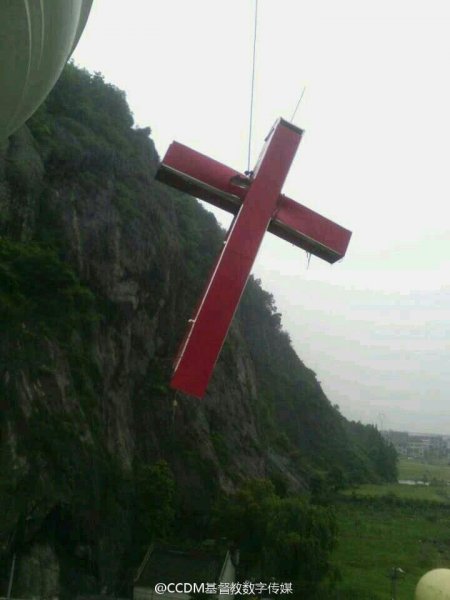
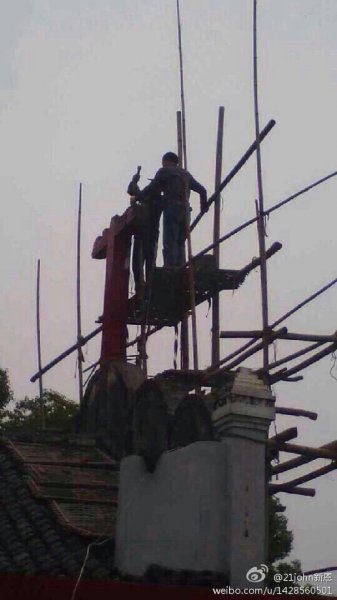
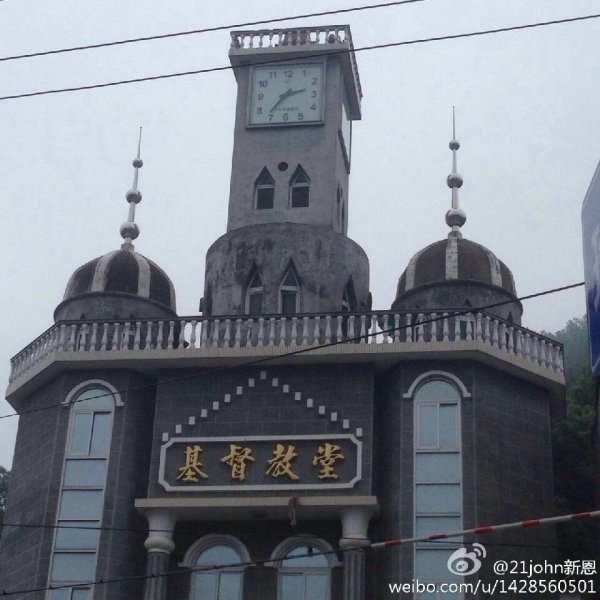

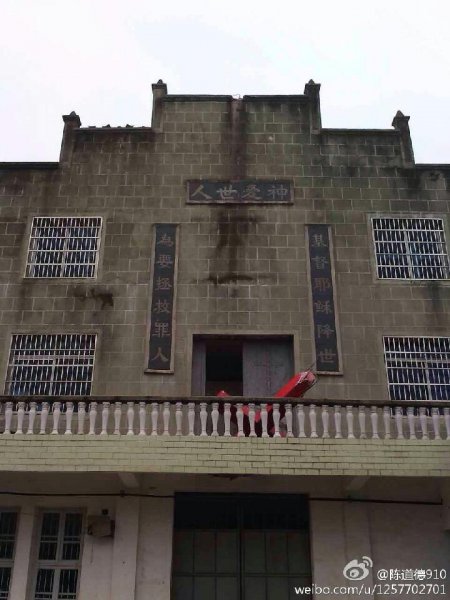
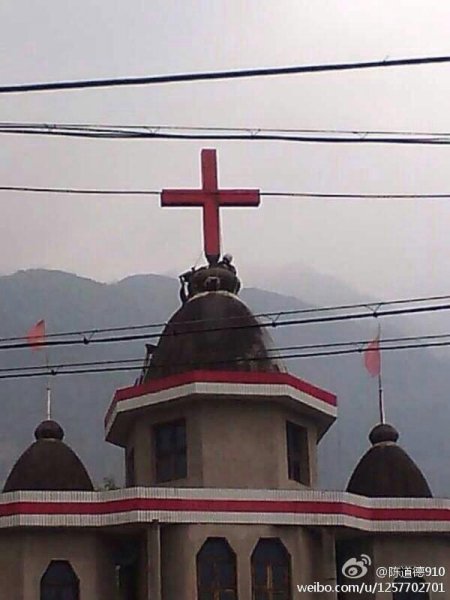
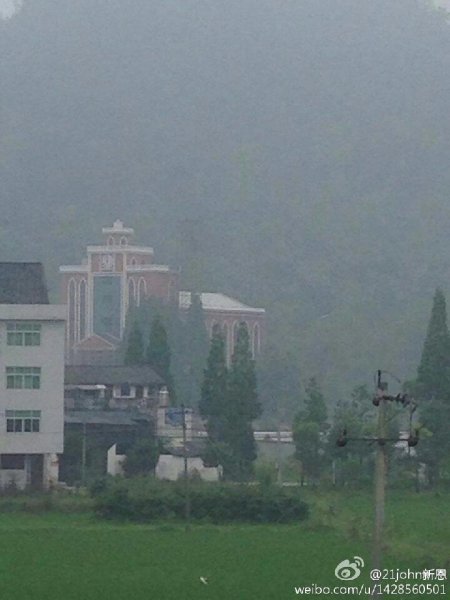
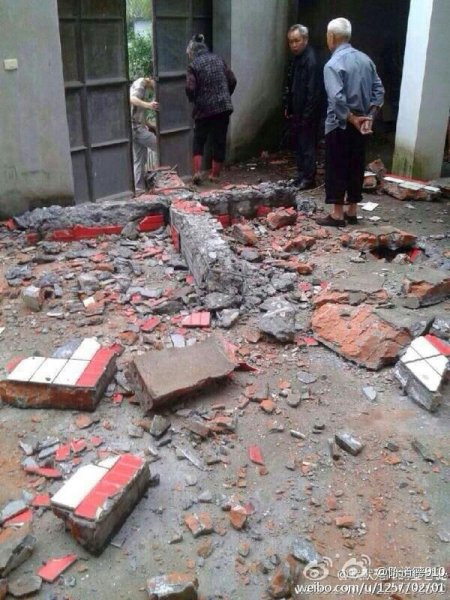

.png)










